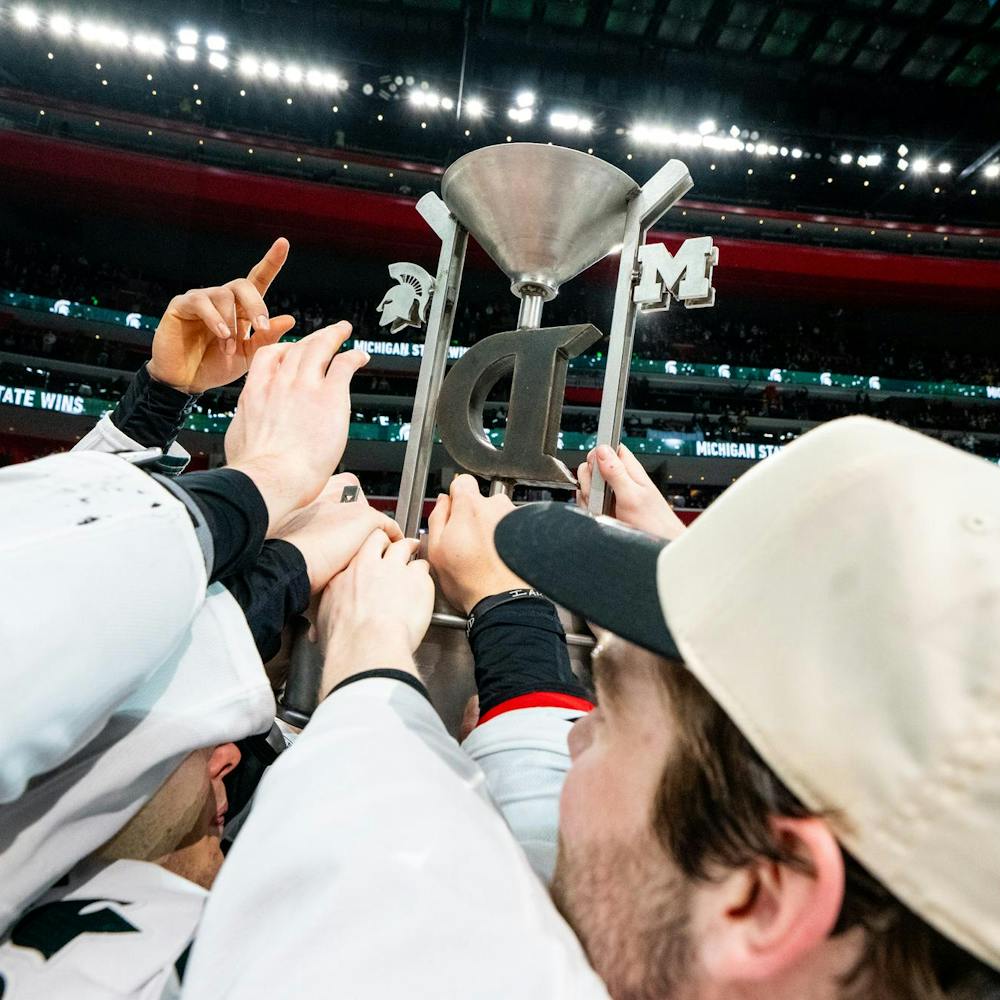When it comes to Halloween, there are a lot of costumes to choose from. However, some students believe people should steer clear of costumes reflecting particular cultures.
Neuroscience senior Suraj Mahadeva said cultural appropriation is, “when someone takes something that doesn’t belong to their own culture and tries to make it their own.”
Cultural appropriation can happen with many Halloween costumes that are taken from a culture or group of people, such as dressing up as a Native American, dressing up in traditional Mexican clothes or dressing up in "Blackface," which is when one paints their face black in order to mock people of color.
“There are so many things that you could be for Halloween: you could be a dog, you could be a firemam, you don’t have to be a dirty Mexican, you don’t have to be a geisha,” Mahadeva, who is also a part of the Asian Pacific American Student Organization, or APASO, said. “You could be anything you want, and you chose to be that.”
Many students, including Traverse Cottrell, co-chair of the North American Indigenous Student Organization, think people shouldn’t wear a costume from another culture because it is disrespectful and most of the time the people wearing it do not understand the meaning of it to the people in that culture.
“If you think you love Native American culture, then you probably know that you shouldn’t touch that outside the context of what it means,” Cottrell said.
As for how to respect others’ cultures on Halloween, Tyler Logan, vice president of the Black Student Alliance, gave his advice at an event hosted by APASO, which discussed the significance of cultural appropriation during Halloween.
“As Halloween approaches and you even have to question your costume, just don’t wear it,” Logan said.
Support student media!
Please consider donating to The State News and help fund the future of journalism.
Discussion
Share and discuss “Students shed light on cultural appropriation and Halloween costumes” on social media.






